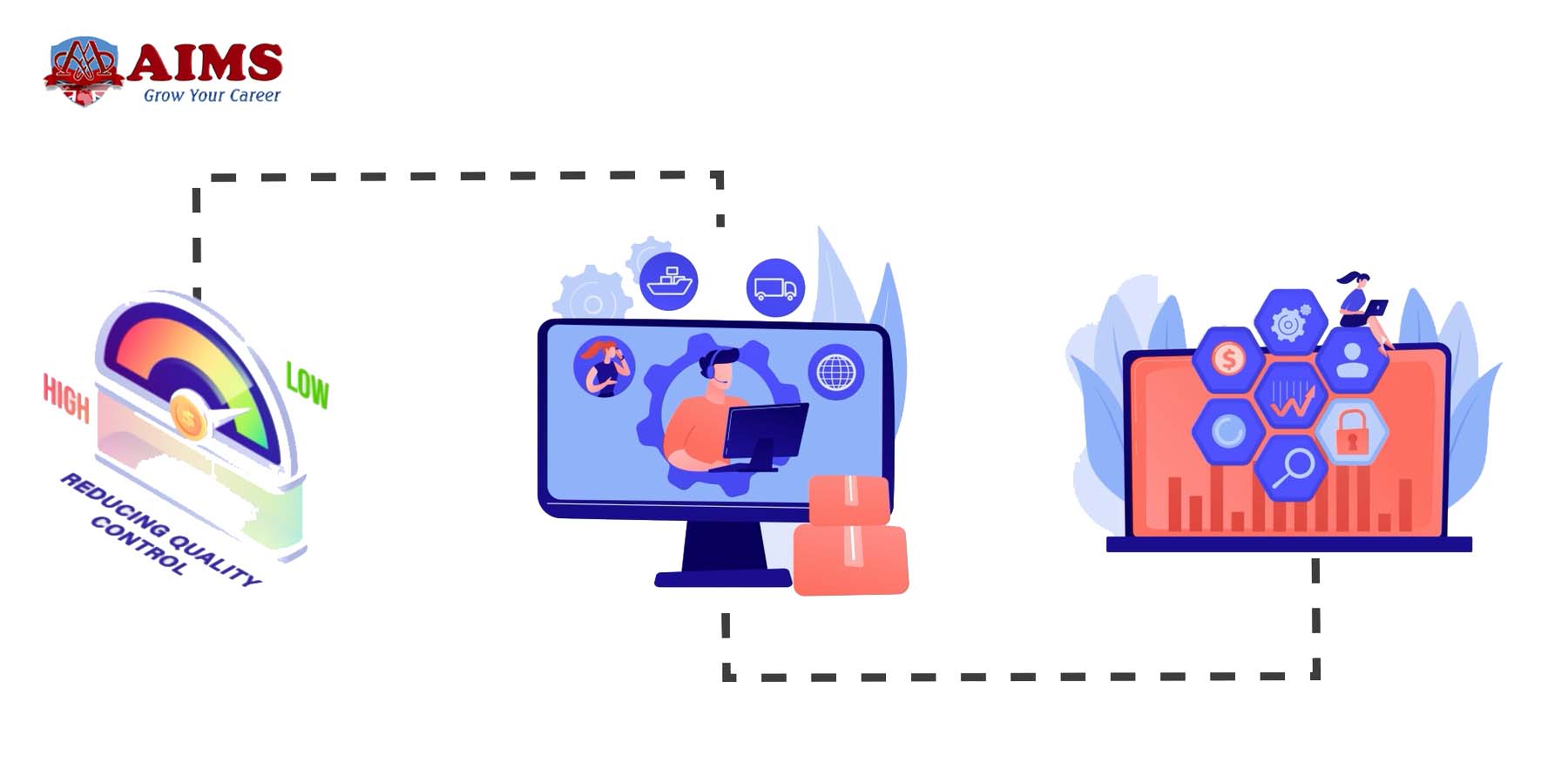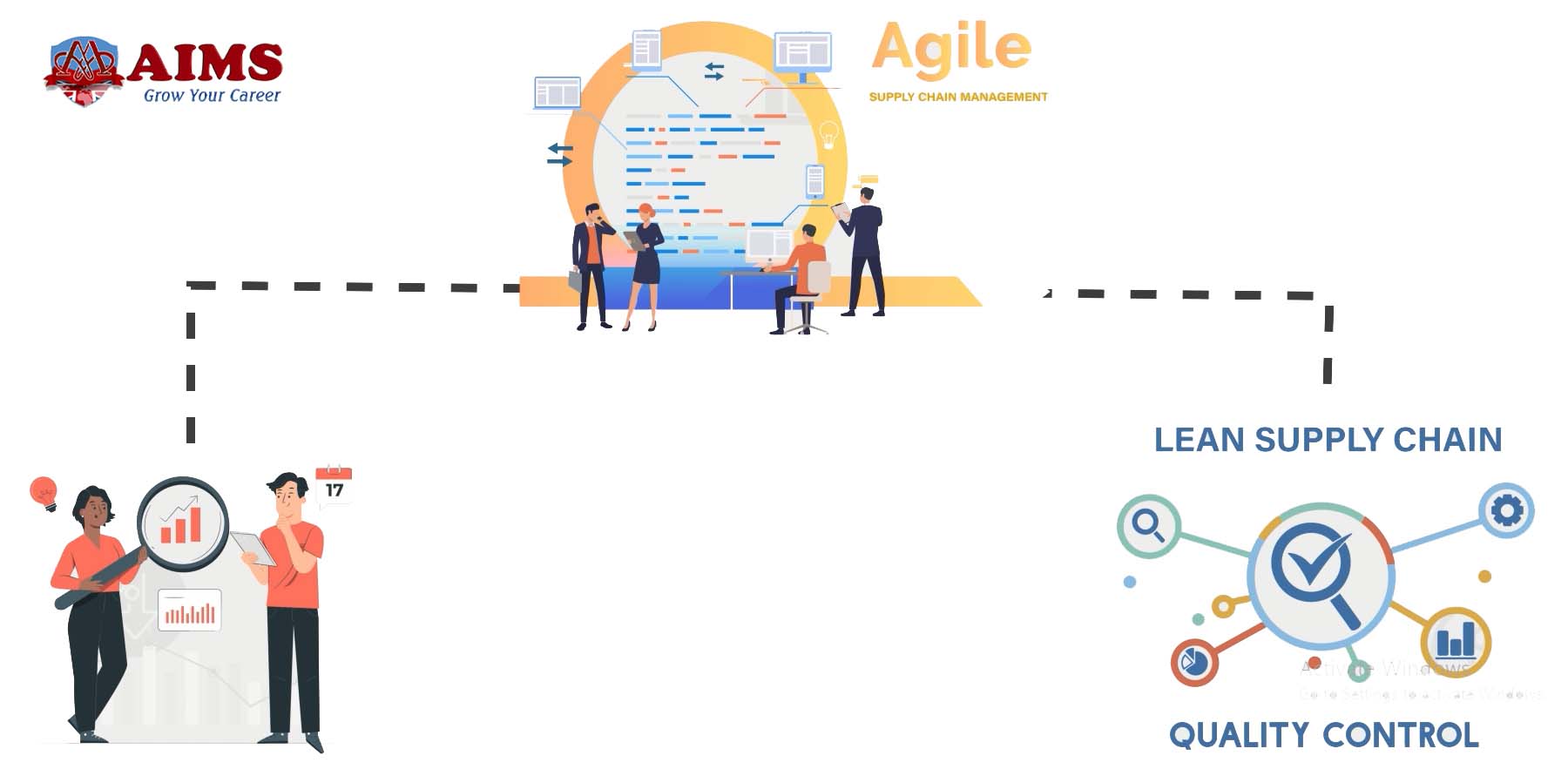What is Lean Supply Chain?
While the standards of typical supply chain management are known to most business owners, a new wave of lean supply chain management is becoming more popular for a variety of reasons. Understanding lean supply chain management definition starts with what effective supply chain management hopes to accomplish. In general, it starts with operating on the same principles of efficiency but emphasizes overall quality.
This means a reduction of defective goods to zero, lowering waste, and increasing efficiency as a result. It emphasizes a lower number of returns by customers so that every product that is sold is kept. Reducing quality control issues and having to handle customers with their returns, reduces overall expenses. Most of the lean supply chain examples are defective products, such as recalled cars.
Characteristics of Lean Supply Chain
The characteristics of lean supply chain management start with the products themselves. An examination of why defects occur, and improving overall standards so that all goods are free of defects. While defects will occur even in environments that emphasize high quality control standards, their numbers can be significantly reduced which in turn benefits the rest of the company.
The lean supply chain examples mostly come from defective products that have slipped through, such as recalled vehicles. When a vehicle is recalled by an auto manufacturing firm, the costs associated with repairing the issue can be considerable. This means creating new parts and paying for the labor associated with the repair, not to mention the inconvenience caused to the customer. It is among the fastest-growing supply chain methods, which plays an important role inthe supply chain career path.

Lean VS Agile Supply Chain
Lean vs agile supply chain is the difference in emphasis. Agile supply chain management focuses on the changing environment of business while lean supply chain is focused on quality control.

Lean Supply Chain Advantages
There are solid advantages to lean supply chain management practices. This is especially true for companies that produce manufactured goods.
1. Better Manufacturing Techniques
The emphasis on quality control not only means creating better products, but better means of creating products. This means that the innovation focuses on improving the manufacturing process to eliminate mistakes.
2. Lower Administrative Costs
The costs associated in dealing with returns can be considerable even when the number of items is relatively low. By reducing the number of defective goods, you reduce the associated administrative cost of working with customers, replacing the item, and sending a new one back to them.
3. Improved Brand
By manufacturing goods that are tough, durable, and less prone to defects, you increase the status of your company. This can be a powerful advertising tool that promotes the company brand by word of mouth which is the most powerful form of advertising.

Lean Supply Chain Examples
Lean SCM emphasizes the quality of product, effective bill of materials, improving equipment, and working towards creating a better, stronger, item that results in fewer defects. For companies that have taken this approach, especially with products that may be complex or have a difficult manufacturing process, the results have been considerable in terms of overall savings and creating a more efficient manufacturing system.
Lean SCM is gaining popularity in the supply chain and logistics field. This topic is discussed in more detail in the supply chain training program, which is among the best supply chain management programs offered 100% online.
Frequently Asked Questions
Q1: What is lean supply chain management?
Lean supply chain management focuses on eliminating waste, improving efficiency, and ensuring that products are delivered with minimal defects. It aims to streamline processes, reduce unnecessary steps, and improve overall product quality.
Q2: How does lean supply chain management differ from agile supply chain management?
Lean supply chain emphasizes quality control and waste reduction, whereas agile supply chain focuses on adaptability to changing market conditions. Lean is about efficiency and defect reduction; agile is about responsiveness and flexibility.
Q3: What are the key characteristics of a lean supply chain?
A lean supply chain focuses on defect prevention, continuous improvement, efficient use of resources, and strong quality control. It minimizes errors and maximizes the value delivered to customers.
Q4: Why is lean supply chain management gaining popularity?
It is gaining popularity because it reduces costs, improves product quality, and strengthens brands by delivering defect-free goods. Lean methods are especially effective in manufacturing and logistics sectors.
Q5: What are some examples of lean supply chain management in practice?
Examples include automotive manufacturers that minimize defects to avoid costly recalls, companies optimizing their bill of materials, and firms improving equipment to achieve zero-defect production.
Q6: How does lean supply chain management reduce administrative costs?
By reducing defective goods, companies lower the need to process returns, handle replacements, and deal with customer complaints. This directly cuts administrative costs related to after-sales service.
Q7: What are the advantages of lean supply chain management?
Key advantages include better manufacturing techniques, reduced administrative costs, improved product quality, stronger brand reputation, and more efficient resource utilization across the supply chain.
Q8: How can companies implement lean supply chain strategies?
Companies can start by identifying sources of waste, improving quality control processes, investing in better equipment, training staff, and focusing on continuous improvement to eliminate defects.
Q9: When should organizations adopt lean supply chain practices?
Organizations should adopt lean practices when they aim to improve quality, reduce operational costs, and increase efficiency. This is especially beneficial for businesses with complex manufacturing or logistics systems.
Q10: What role does quality control play in lean supply chain management?
Quality control is central to lean supply chain management. It ensures that products meet high standards from the start, reducing defects and associated costs while improving overall customer satisfaction.
